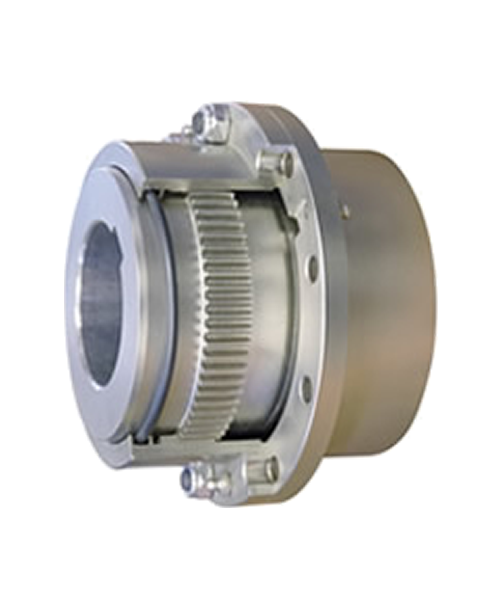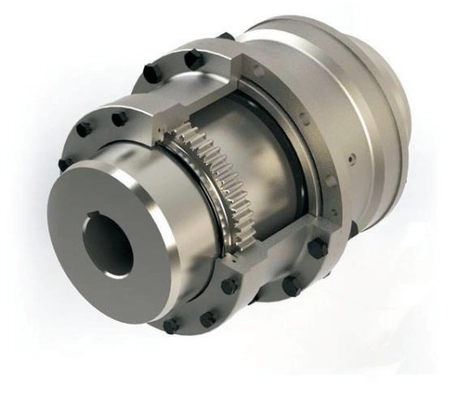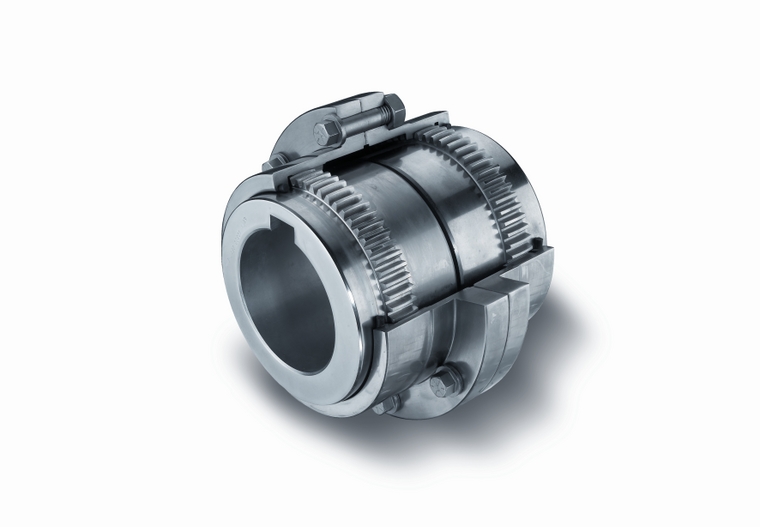Product Description
|
Material |
20CrMn5,20CrMnTi,40Cr,Powder deposit,45#steel,42CrMo,Stainless steel and so on as per your requests. |
|||
|
Custom |
OEM/ODM |
|||
|
Lead Time |
Sample: 20-30 days after deposit received, Batch goods: 30-45days after samples have been approved. Die opening product:7-15days after samples have been approved.It takes 45-60 days to open the mold. |
|||
|
Processing |
Forging,Machining,Hobbing,Milling,Shaving,Grinding teeth, inserting teeth, shot blasting, Grinding,Heat treatment…… |
|||
|
Heat Treatment |
Intermediate frequency, high frequency, tempering, desalinating, carburizing…… |
|||
|
Main Machines |
CNC gear hobbing machine, CNC gear cutting machine, CNC lathe, CNC gear shaving machine, CNC gear milling machine, CNC gear grinding machine, CNC Grinding Machine…. |
|||
CHINAMFG has been engaged in manufacturing of forgings, castings, heat treatment and CNC machining parts since 1999.
The products materials have passed EN15714-3.1 certification, covering various grades of: low carbon steel, alloy steel, stainless steel, ductile iron, aluminum alloy, copper alloy, titanium alloy.
The main processes are: free forging, die forging, rolling ring, high pressure casting, centrifugal casting, normalizing, quenching and tempering, solution treatment, aging treatment, carbonitriding, turning, milling, drilling, grinding, hobbing, high frequency quenching, galvanizing, chrome plating, anodizing, powder spraying and other processes.
Rings and plates dimensions: Max 3000mm, shafts length: Max 12000mm, single piece weight: Max 16 Tons, at the same time we are good at terminal machining of complex products, dimension accuracy: Min 0.01mm, roughness: Min Ra0.6.
Products can be strictly examined by chemical composition, tensile strength, yield strength, reduction of area, impact at low temperature, intergranular corrosion, hardness, metallographic, NDT, size, static balance etc performance parameter.
Products are widely used in: aerospace, ships, trains, automobiles, engineering vehicles, chemical industry and petroleum refining, wellheads, x-mas tree equipment, mining machinery, food machinery, hydraulic and wind power generation, new energy equipment etc field.
Welcome to send: PDF, IGS, STP and other format drawings, of course we could also make material judgment and size survey according to your samples.
With more than 20 years of manufacturing experience and overseas sales team, we have achieved 100% customer satisfaction. The warranty period of products sold is 365 days. We look CHINAMFG to your consultation and cooperation at any time and common prosperity development.
/* January 22, 2571 19:08:37 */!function(){function s(e,r){var a,o={};try{e&&e.split(“,”).forEach(function(e,t){e&&(a=e.match(/(.*?):(.*)$/))&&1

Materials Used in Manufacturing Tooth Couplings
Common materials used in manufacturing tooth couplings include:
- Steel: Steel is a popular choice due to its high strength and durability. It can handle heavy loads and is suitable for a wide range of applications.
- Cast Iron: Cast iron is known for its excellent wear resistance and ability to dampen vibrations. It is often used in applications where shock absorption is important.
- Stainless Steel: Stainless steel is corrosion-resistant and can withstand harsh environments, making it suitable for industries like food processing and marine applications.
- Aluminum: Aluminum is lightweight and offers good corrosion resistance. It’s commonly used in applications where weight reduction is important.
- Bronze: Bronze is used for its self-lubricating properties and resistance to corrosion. It’s often employed in applications where lubrication is challenging.
The choice of material depends on factors such as the specific application, operating conditions, and required performance characteristics. Engineers select materials that offer the best combination of strength, durability, corrosion resistance, and other properties needed for the intended use of the tooth coupling.

Identifying Wear or Damage in Tooth Couplings
Wear or damage in a tooth coupling can lead to performance issues and potential failures. Here are some signs to watch for and methods to identify problems:
- Abnormal Noise: Unusual noise during operation, such as rattling, grinding, or clicking, can indicate misalignment or wear in the teeth.
- Increased Vibration: Excessive vibration may suggest misalignment, worn teeth, or other issues affecting coupling performance.
- Temperature Rise: If the coupling becomes unusually hot during operation, it could indicate friction due to misalignment or damaged teeth.
- Visual Inspection: Regularly inspect the coupling for signs of wear, corrosion, pitting, or chipped teeth. Use proper lighting and magnification if needed.
- Measurement: Check tooth clearances using specialized measurement tools to identify any significant deviations from specifications.
- Runout Measurement: Measure coupling runout to detect eccentricity or misalignment that could lead to premature wear.
- Alignment Check: Use laser alignment tools to ensure proper shaft alignment, preventing undue stress on the coupling teeth.
- Lubrication Analysis: Analyze the lubricant for metal particles or signs of contamination, which could result from wear and damage.
Regular inspection, monitoring operating conditions, and addressing any signs of wear or damage promptly can help extend the life of the tooth coupling and prevent unexpected failures.

Benefits and Applications of Tooth Couplings
Using a tooth coupling offers several key benefits in mechanical systems:
- High Torque Transmission: Tooth couplings can handle high torque loads, making them suitable for heavy-duty applications.
- Angular Misalignment: They accommodate angular misalignment between shafts, reducing stress and wear on components.
- Axial Movement: Tooth couplings allow limited axial movement, which is crucial in applications with varying distances between shafts.
- Compact Design: Tooth couplings have a compact design, making them ideal for applications with limited space.
- Efficient Power Transmission: The meshing teeth provide efficient torque transmission with minimal backlash.
Tooth couplings find applications in various industries:
- Manufacturing: Used in conveyor systems, pumps, compressors, and machine tools.
- Automotive: Used in drivetrains, power transmission, and steering systems.
- Marine: Used in marine propulsion systems, winches, and deck machinery.
- Power Generation: Used in turbines, generators, and cooling tower fans.
- Aerospace: Used in aircraft control systems, landing gear, and engine accessories.


editor by CX 2024-03-10
by
Tags:
Leave a Reply